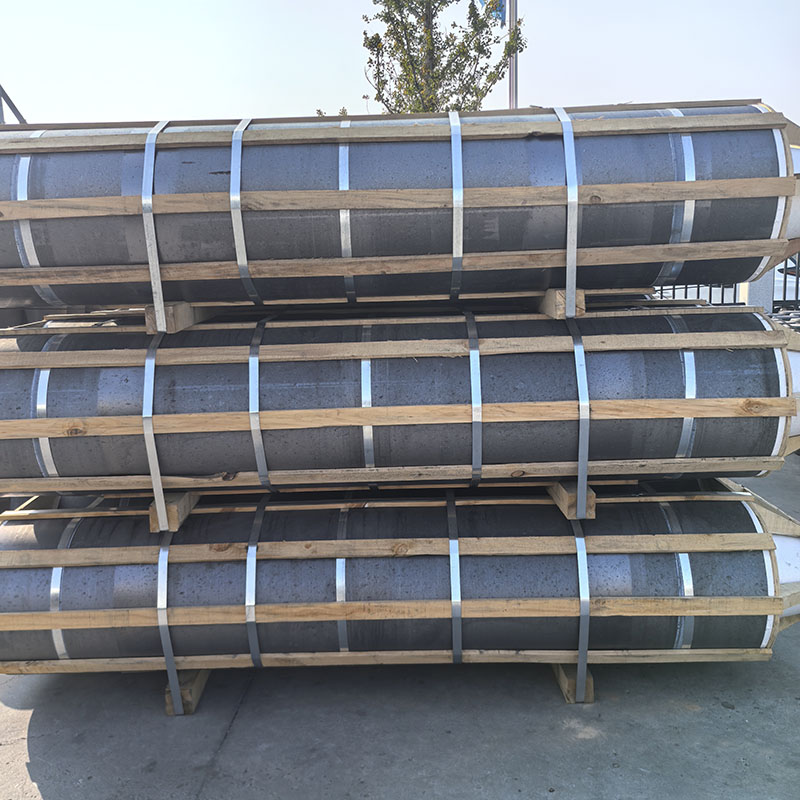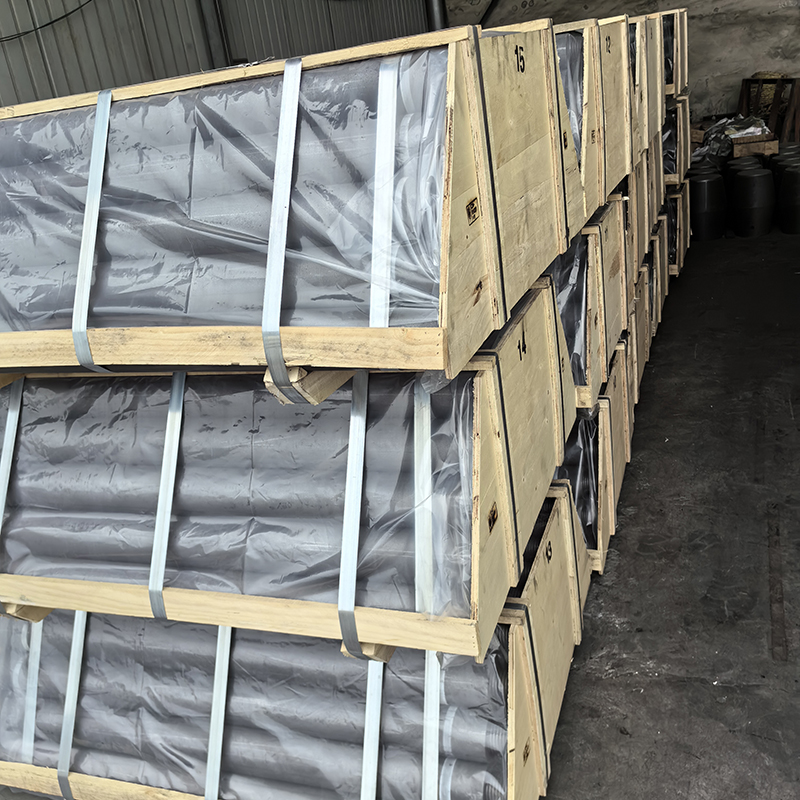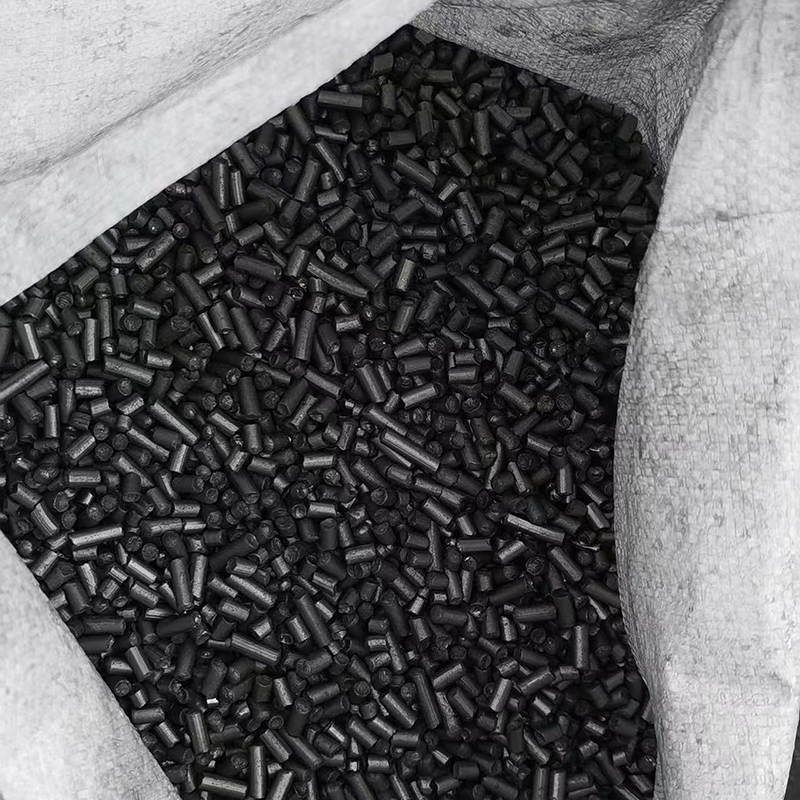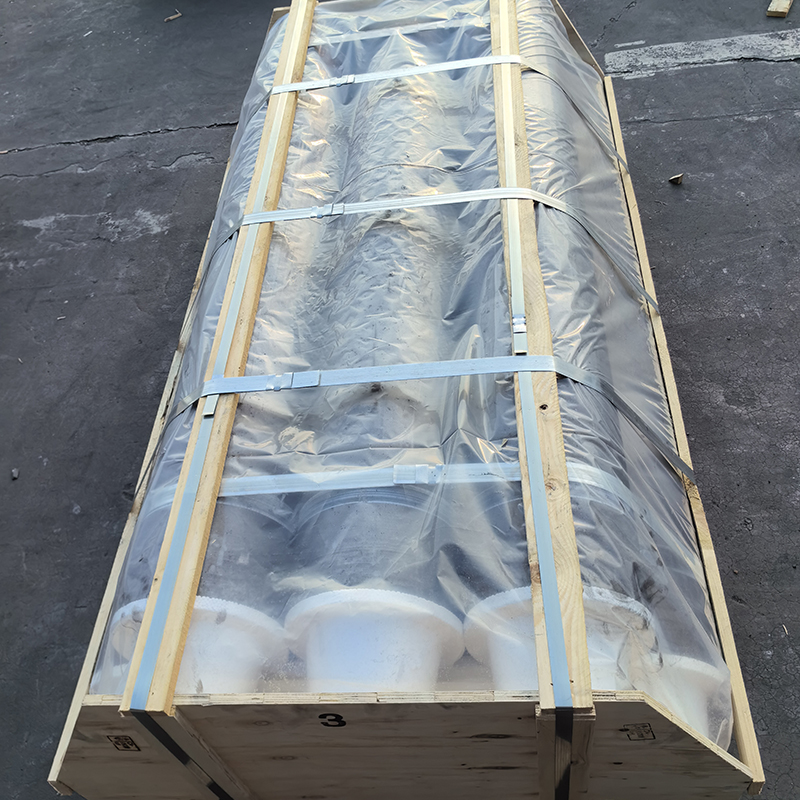- Chinese
- French
- German
- Portuguese
- Spanish
- Russian
- Japanese
- Korean
- Arabic
- Irish
- Greek
- Turkish
- Italian
- Danish
- Romanian
- Indonesian
- Czech
- Afrikaans
- Swedish
- Polish
- Basque
- Catalan
- Esperanto
- Hindi
- Lao
- Albanian
- Amharic
- Armenian
- Azerbaijani
- Belarusian
- Bengali
- Bosnian
- Bulgarian
- Cebuano
- Chichewa
- Corsican
- Croatian
- Dutch
- Estonian
- Filipino
- Finnish
- Frisian
- Galician
- Georgian
- Gujarati
- Haitian
- Hausa
- Hawaiian
- Hebrew
- Hmong
- Hungarian
- Icelandic
- Igbo
- Javanese
- Kannada
- Kazakh
- Khmer
- Kurdish
- Kyrgyz
- Latin
- Latvian
- Lithuanian
- Luxembou..
- Macedonian
- Malagasy
- Malay
- Malayalam
- Maltese
- Maori
- Marathi
- Mongolian
- Burmese
- Nepali
- Norwegian
- Pashto
- Persian
- Punjabi
- Serbian
- Sesotho
- Sinhala
- Slovak
- Slovenian
- Somali
- Samoan
- Scots Gaelic
- Shona
- Sindhi
- Sundanese
- Swahili
- Tajik
- Tamil
- Telugu
- Thai
- Ukrainian
- Urdu
- Uzbek
- Vietnamese
- Welsh
- Xhosa
- Yiddish
- Yoruba
- Zulu
- Kinyarwanda
- Tatar
- Oriya
- Turkmen
- Uyghur

Understanding and Utilizing Carbon Graphite Electrodes
2025-05-06
Understanding and Utilizing Carbon Graphite Electrodes
This comprehensive guide explores carbon graphite electrodes, delving into their properties, applications, and selection criteria. We’ll cover the manufacturing process, different types available, and crucial factors to consider when choosing the right electrode for your specific needs. Learn how to optimize performance and extend the lifespan of your carbon graphite electrodes.
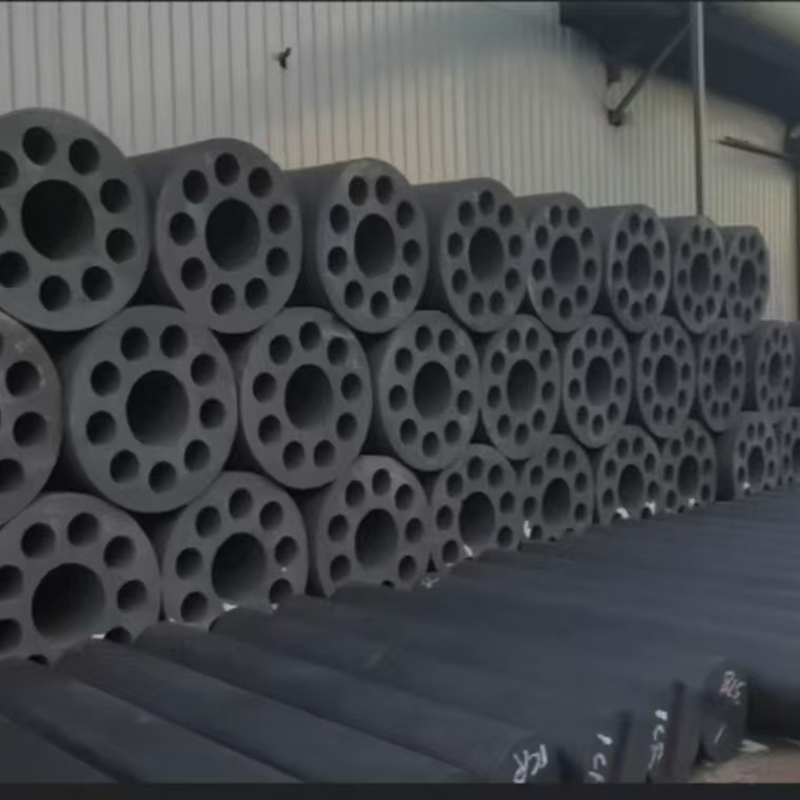
What are Carbon Graphite Electrodes?
Carbon graphite electrodes are crucial components in various industrial processes, primarily in electric arc furnaces (EAFs) used for steelmaking and other high-temperature applications. They are manufactured from high-purity petroleum coke and pitch, offering exceptional electrical conductivity, high thermal shock resistance, and chemical inertness. The manufacturing process involves careful blending, molding, baking, and graphitization to achieve the desired properties. The quality of the raw materials and the precision of the manufacturing process significantly influence the performance and lifespan of the electrode.
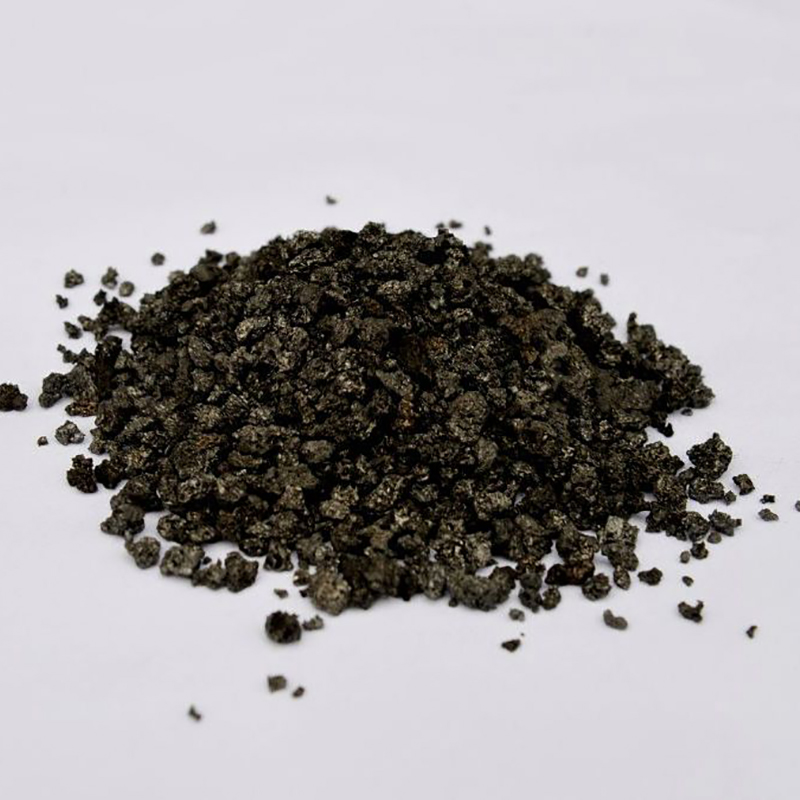
Types of Carbon Graphite Electrodes
Several types of carbon graphite electrodes exist, each tailored to specific applications. The main distinctions lie in their size, shape, and graphite content. Common types include:
RP (Regular Prebaked) Electrodes
RP electrodes are widely used due to their balance of cost and performance. They are prebaked before use, ensuring consistent quality and dimensional accuracy. They’re suitable for a variety of applications but may not be the optimal choice for exceptionally demanding environments.
HP (High-Power) Electrodes
Designed for higher current densities, HP electrodes offer improved electrical conductivity and reduced energy consumption. Their enhanced performance comes at a premium price point, making them suitable for applications requiring maximum efficiency.
Ultra-High Power Electrodes
These electrodes represent the cutting edge in technology, boasting even higher conductivity and longer lifespans than HP electrodes. They’re ideal for demanding applications where energy efficiency and reduced electrode consumption are paramount. The initial investment is higher, but long-term cost savings can be significant.
Choosing the Right Carbon Graphite Electrode
Selecting the appropriate carbon graphite electrode requires careful consideration of several factors:
Current Capacity
The electrode must be capable of handling the required current without overheating or premature failure. This is often determined by the size and type of electrode.
Operating Temperature
Different applications have varying temperature requirements. Electrodes must withstand the operating temperature without degradation or cracking. This is a key factor in determining the appropriate electrode material and processing methods.
Chemical Environment
The electrode must be chemically inert to the molten materials it contacts. Exposure to aggressive chemicals or impurities can lead to rapid deterioration.
Physical Dimensions
The physical dimensions must be compatible with the furnace design and operational requirements. Precise specifications must be adhered to for optimal performance and safety.
Applications of Carbon Graphite Electrodes
Carbon graphite electrodes find wide applications across various industries, including:
- Steelmaking (Electric Arc Furnaces – EAFs)
- Ferroalloy Production
- Aluminum Smelting
- Silicon Carbide Production
- Other high-temperature industrial processes
Maintaining and Extending Electrode Lifespan
Proper maintenance and handling practices can significantly extend the lifespan of carbon graphite electrodes. These include:
- Careful handling and storage to prevent damage
- Regular inspection for cracks or other defects
- Optimal electrode jointing techniques
- Proper furnace operation and maintenance
Conclusion
Understanding the properties and applications of carbon graphite electrodes is crucial for optimizing efficiency and reducing costs in many high-temperature industrial processes. By carefully considering the various factors involved in electrode selection and maintenance, businesses can ensure smooth operations and maximize the return on their investment. For high-quality carbon graphite electrodes, consider exploring the offerings from leading manufacturers like Hebei Yaofa Carbon Co., Ltd.. Their expertise in producing superior quality electrodes ensures reliable performance in demanding industrial applications.
table { width: 700px; margin: 20px auto; border-collapse: collapse;}th, td { border: 1px solid #ddd; padding: 8px; text-align: left;}th { background-color: #f2f2f2;}







